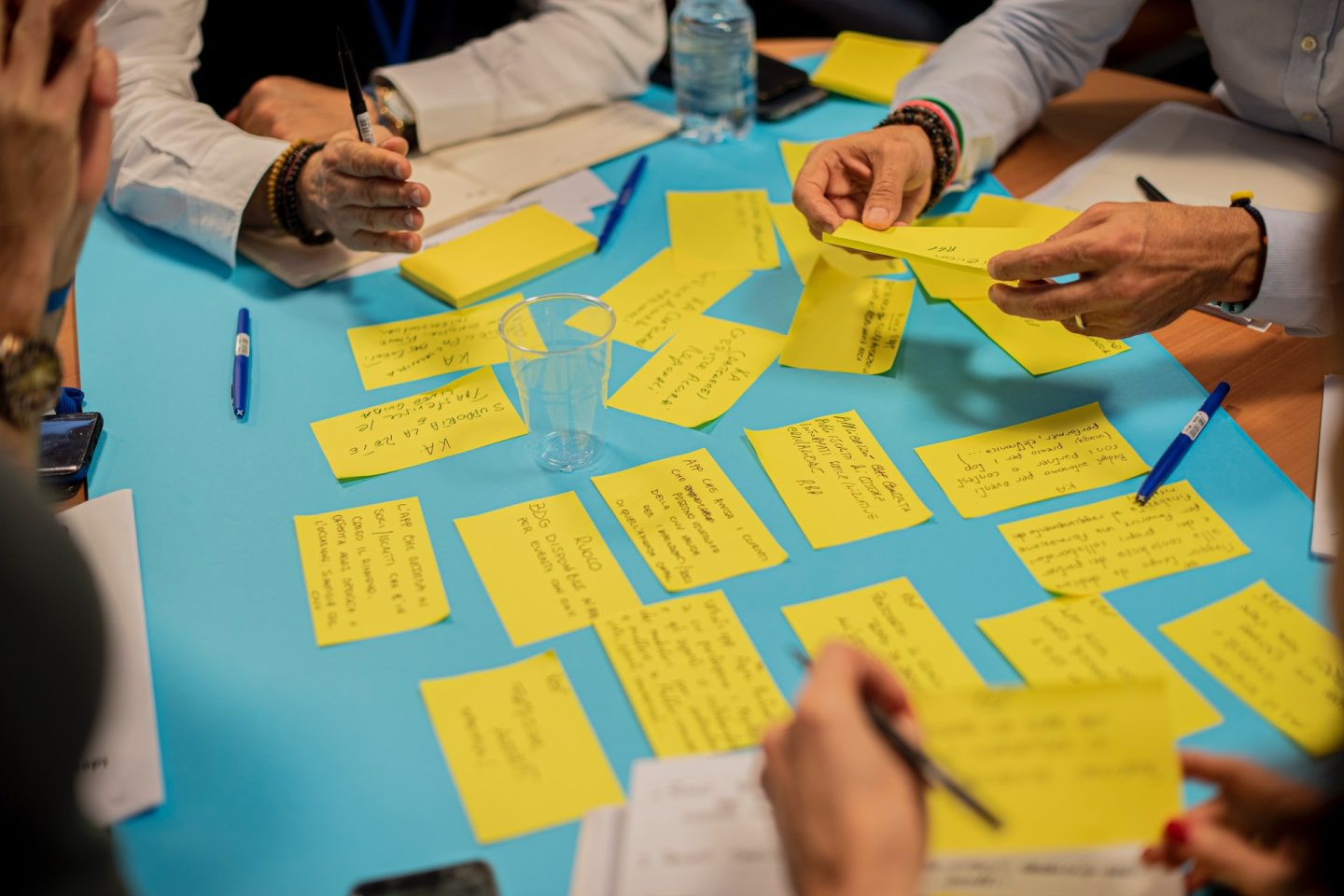Studying algorithms and algorithmic thinking is not only helpful for the the direct application of their concepts and techniques. It is also a way to develop thinking skills per se. A bit like with mathematics, algorithms provide a rich arena in which to explore, experiment, observe and design solutions to complex problems. This helps to develop a skill set which is crucial for addressing complex human problems.
This leads naturally to the idea of “thinking about thinking”, or metacognition. Much of the recent work in this area draws on the work of the late Edward de Bono, who was a very influential international figure. De Bono’s work, and some of the more recent work on design thinking and metacognition, is often not given due attention as it can seem to be overly simple – “how could something so simple make a difference?” Or – “of course I know about that, I’m doing it already.” However, often the essential point can be missed and much of what these ideas and techniques have to offer goes unharnessed.
How could something so simple make a difference?
The books described in this post explain how to be a much more effective thinker, leader, team member and idea generator. I hope you find them as interesting and valuable as I have.
Recommended Books about Thinking
Please note, as an Amazon Associate I earn from qualifying purchases.
Rebel Ideas: The Power of Diverse Thinking
Learn how different ways of thinking can provide solutions to intractable problems, and how existing approaches can lead to disaster in this fascinating book about the importance of cognitive diversity.
Black Box Thinking: Why Most People Never Learn from Their Mistakes – But Some Do
Why is aviation so incredibly safe relative to risk, while so many errors are made in other fields such as medicine? It’s down to a culture of being open to learning from mistakes. This fascinating book explores how we can do better by embracing apparent failure.
Six Thinking Hats
The Six Thinking Hats are a powerful tool for successfully addressing complex problems where traditional thinking has not yielded results. They form a revolutionary tool whose power is often overlooked due to its apparent simplicity.
Think Again: The Power of Knowing What You Don’t Know
Mental flexibility is essential to progress and yet surprisingly rare. This book by Adam Grant explores ways to be more open to fresh perspectives.
Mistakes Were Made (But Not By Me): Why We Justify Foolish Beliefs, Bad Decisions and Hurtful Acts
Cognitive dissonance effects us all, and it’s good to be aware of how, so we can be more rational and effective in our lives. This book points out the pitfalls of cognitive dissonance and provides strategies to minimize it in our own lives.
The Scout Mindset: Why Some People See Things Clearly and Others Don’t
Getting close to the Truth requires curiosity and awareness of bias. This fascinating book explains why some people cling to clearly false beliefs, while others are able to modify and improve their maps of reality.
Thinking, Fast and Slow
This book has become a classic on the importance of understanding the ways in which our thinking can go askew. Some situations require deliberate contemplation while our habitual approach is to to rely on dangerously unreliable approaches developed through evolution for a simpler world.
